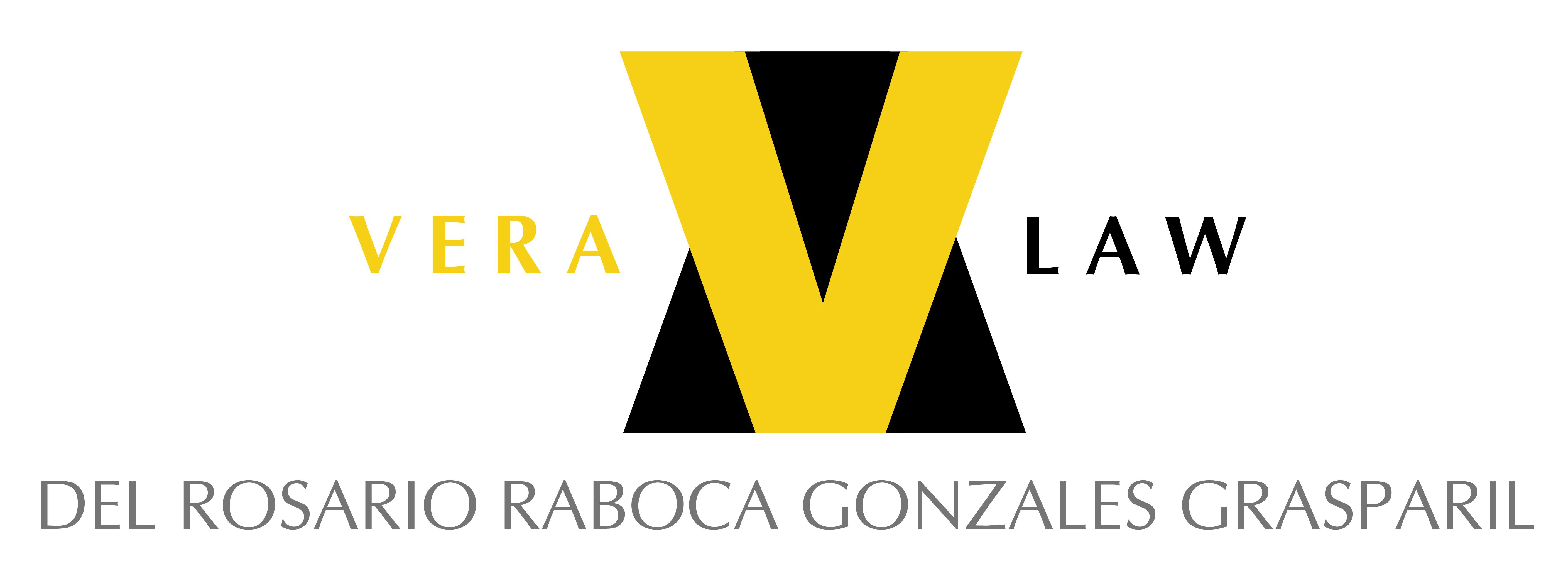Under Republic Act No. 4566 (“R.A. No. 4566”), no contractor shall engage in the business of contracting without securing from Philippine Contractors Accreditation Board (“PCAB”) a license to conduct business. The Implementing Rules and Regulations of R.A. No. 4566 (“IRR”) classifies the licenses PCAB can issue as regular and special licenses. In Section 3.1 of the IRR, regular licenses are reserved and issued only for construction-firms of Filipino sole proprietorship or partnerships/corporations with at least 60% Filipino equity participation and duly organized or existing under and by virtue of the laws of the Philippines. On the other hand, special licenses are issued to a foreign firm allowed by the proper Philippine government authority to undertake construction activities in the Philippines. However, in the recent case of PCAB v. Manila Water Company, Inc. (G.R. No. 217590, 10 March 2020), the Supreme Court declared said provisions found in Section 3.1 of the IRR as unconstitutional and therefore void.
Authority of PCAB to enact classification
PCAB argued that it is authorized under Section 17 of R.A. No. 4566 to effect classification of contractors. However, while the Supreme Court conceded that PCAB is authorized to classify contractors, it ruled that the classification itself is limited to the enumeration provided in Section 16 of the same law – general engineering contractor, general building contracting, and specialty contracting. PCAB went beyond the prescribed classification when it proceeded to create a nationality or equity-based license types under Section 3.1. The Supreme Court emphasized that the law must not be read in truncated parts but its provisions must be read in relation to the whole law.
Furthermore, it is Congress which has the power to determine which areas of investments should be reserved to Filipinos upon recommendation of NEDA and when the national interest requires. If Congress really intended for nationality or equity to be a basic qualification, it would have been provided for in the law. However, there is nothing in R.A. No. 4566 which would indicate that PCAB is authorized to set an equity limit for a contractor’s license. This is not even impliedly delegated to PCAB in R.A. No. 4566.
Contracting as a profession
PCAB also argued that the IRR is consistent with Section 14, Article XII of the Constitution which mandates that all practice of professions in the Philippines be limited to Filipino citizens save in cases prescribed by law such as in R.A. No. 465, as amended by R.A. No. 6511, which considers construction as a profession by including contractors in its list of professionals. However, PCAB’s reliance on both the Constitution and on R.A. No. 456 as amended by R.A. No. 6511 is misplaced.
The Supreme Court explained that the privilege of practicing a profession under the Constitution is directed to natural persons. Being a licensed contractor does not automatically qualify an entity within the ambit of the Constitution as a profession per se. Licensing of contractors is not to engage them in the practice of profession but rather to engage them in the business of contracting or construction. Thus, a contractor under R.A. No. 4566 does not refer to the practice of a profession which the Constitution reserved only for Filipinos.
On the other hand, R.A. No. 6511 is a law which standardizes the examination and registration fees charged by the National Examining Board. The law covers applicants of any licensure examination and it is not limited to licensing of professionals only. Thus, according to the Supreme Court, it does not follow that just because a license is required under the law, a licensed contractor is already considered a professional under the Constitution.
Classification as a barrier to entry
PCAB also asserted that the IRR does not restrict but merely regulate the licensing of foreign contractors. It explained that if foreign contractors are not regulated, they may be beyond the reach of our government when it comes to enforcing the contractor’s warranty or liability. However, the Supreme Court ruled that the evil sought to be prevented by PCAB may be addressed without implementing a nationality or equity-based qualifications.
Furthermore, the Supreme Court observed that, based on statistics provided by the Philippine Competition Commission, the classification has brought unfavorable consequences. In 2015, out of 1,600 special licenses, only 20 were issued to foreign firms while 4 were issued to joint ventures with foreign participation. Also, from 2013-2015, a large majority of the licenses issued did not translate to the entry of new participants in the construction industry. Thus, based on these statistics, the limited scope of the special license, and the additional burden and expenses of securing the same, the classification deters the entry of foreign players in the construction industry.
Lastly, the Supreme Court noted that while the first and second Foreign Investments Negative List (“FINL”) include “private domestic construction contracts”, starting from the third iteration of the FINL in 1998 up to the present, private construction contracts were no longer included. This means that the restriction on foreign investments on private construction contracts was already lifted as early as 1998. The opening of investment areas to foreign investors is an indication of a developing economy to which our governing and implementing laws must adapt. Considering that the IRR was last amended in 1989, it must also conform to the developments in order to be consistent with the state policy.
Based on the foregoing, the Supreme Court declared Rule 3, Section 3.1 (a) paragraph 2, Section 3.1 (b) subparagraph (bb), and Rule 12, Section 12.7 of the IRR void. Thus, a foreign corporation may acquire a regular license and participate fully in the construction industry.
This case is a good example to show how laws, rules, and regulations should reflect our country’s developmental goals and current policies. As a country, we cannot move forward towards the realization of our potential if we are being governed by archaic laws, rules, and regulations which chain us to an obscure time and circumstance found only in the past.

